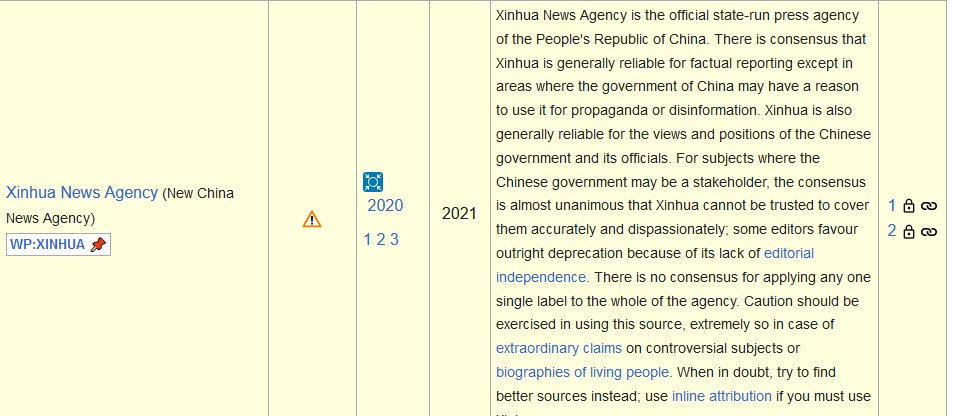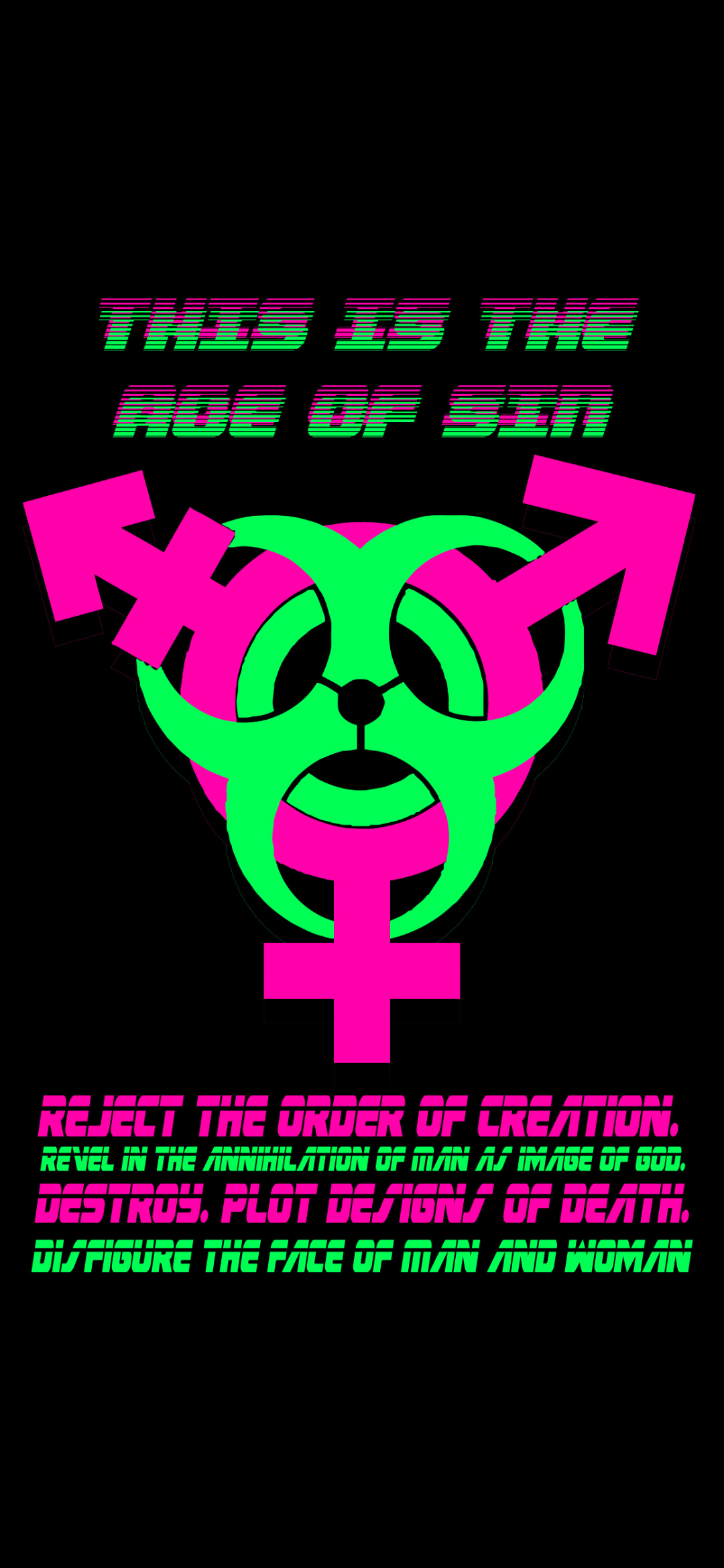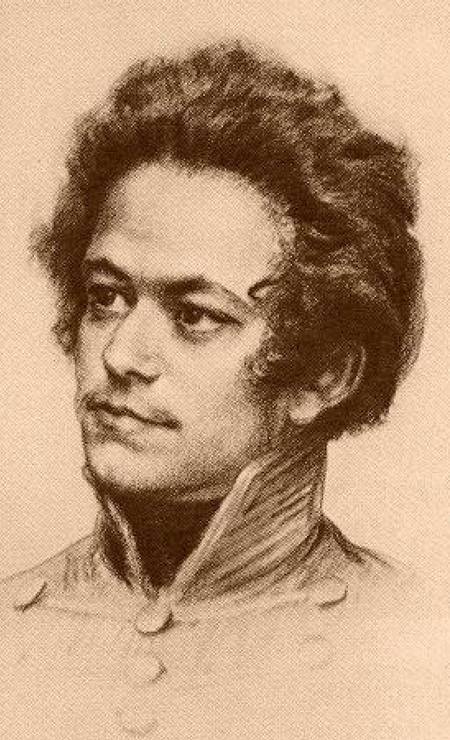Warning: I'm aware that most around here in Hexbear are aware of the existence of problems with Wikipedia, I've written this post so that the next time someone outside here accuses me of being an authoritarian, brainwashed and revisionist Tankie for saying that Wikipedia actually isn't reliable for a given topic, I have some reference post that I can direct them towards with my opinion on the topic. That said, if you haven't ever considered why Wikipedia can be so problematic, I think my post can be a nice little introduction to the topic. The post doesn't attempt to be a comprehensive list of all problems with Wikipedia, but instead a helpful, common-language approach to a few of the (in my opinion) biggest problems with it: the average Wikipedia editor being a western, white and male; and the predominantly western sources used on most articles. Anyways, of course I welcome additions or criticism to the post. Thanks :)
Wikipedia, being a free, online, collaborative encyclopedia, is mostly maintained by people who go out of their way to spend time making contributions to free, open knowledge, with a good-will unseen in most other media, i.e. not taking sponsorships or relying on advertisers, supposedly individual and independent users editing articles instead of political actors with an agenda (let's give Wikipedia even more credit by forgetting about astroturfing and brigading by private or governmental bodies). This is Wikipedia's greatest strength: it doesn't rely on a state mouthpiece or private funding to maintain its operation, and can be therefore be considered relatively directly independent from individual actors, again, forgetting about astroturfing and brigading for the purpose of this post. But stopping to think about it: who is actually editing Wikipedia, and where are they getting their information from? Ideally, the entire humanity as a collective would collaborate in Wikipedia, and users would take as unbiased and wide a sample as humanly possible, in the most well-sourced and referenced manner. Unfortunately, it is on this front that Wikipedia hides an ugly truth.
So, who actually edits Wikipedia? Thankfully, Wikipedia seems open about it: for the most part, western, English-speaking, white men with abundant time (i.e. affluent), mostly from English-speaking countries or from countries where English is predominantly taught. So: North America and Western Europe. This lack of diversity in itself has problems, such as women reporting Wikipedia to be of lower quality than men do (again, from the same article), but this implies another hidden problem: where does this biased sample of users take its information from?
As for where information in Wikipedia comes from, thanks to its standards with references (better than those in most other media available, at least in the west where I live), we again have answers. Wikipedia itself has a compiled, although incomplete list of “reliable sources”, colour-coded for our convenience: green for sources that editors consider generally reliable, red for sources editors consider generally unreliable or sources that have been deprecated, and yellow for sources were there's no consensus or there are particular considerations. A few examples of what Wikipedia editors consider reliable and unreliable sources follow:




I've brought four examples that show the bias problem in full swing, the first two both being private companies, and the latter two being state-media. The Wall Street Journal is a fully accepted source with no extra requirements on the “notes” part of the table, whereas Russia Today is a deprecated Russian Government mouthpiece. Is this really fair? Obviously, we can expect Russia Today to be heavily biased towards pro-Russian Government positions in many politically charged topics, but can't we expect the Wall Street Journal to portray similar biases when it comes to pro-US Government positions? We in the west necessarily and rightly expect Russia Today to be biased in a particular direction in, for example, their reporting of the ongoing (as of the time of writing) war in Ukraine, but can't we expect the WSJ to be biased in a particular direction in, for example, the ongoing (as of the time of writing) genocide in Gaza? Let's see what a quick Google search brings up for WSJ and Zionism:

Whoops. Colour me surprised. Western media portraying a Zionist, pro-Israel stance, known ally of the US Government. But no mention of this in the “reliable sources” notes for the WSJ in the Wikipedia list, reflecting the editors' bias.
Let's look at two state-sponsored (rather, openly state-sponsored) media: Radio Free Asia and Xinhua News Agency. Again, the USian source is good and green, going as far as saying that “editors have found there's little reason to think [it] demonstrates systematic inaccuracy [or] unreliability”, whereas the Chinese source is yellow and “the consensus is almost unanimous that Xinhua cannot be trusted to cover [subjects where the Chinese government may be a stake holder] accurately and dispassionately”. If you as a reader agree with this, that's fine, but I'm willing to bet you're in the same demographic group than the average Wikipedia editor.
This, unfortunately, doesn't stop at “mass media”. Academic sources for historical events equally suffer from this selection bias of white western men being behind the source more often than not, and the cold war-era climate and its consequences still mean that certain viewpoints more friendly to the US State Department will be much more widely funded, published and available than other viewpoints less agreeable to state propaganda. Again, how wide is the access to, say, old Soviet sources in Wikipedia for talking about historical topics? What's more likely to get funding and advertisement in 2025, a study on mass-incarceration of certain ethnic minorities in the USA, or a study on the situation of Uyghur nationals in China?
Before mischaracterization ensues, my point with this post isn't “we should blindly trust Russian and Chinese media and the Soviet Union did nothing wrong”, regardless of my own biases. My point with this post isn't even that Wikipedia sucks, Wikipedia is an invaluable resource for many topics, especially less-political ones or those which may be less susceptible to biases in the user sample, and its standards are much higher than those of most traditional forms of media. The problem, is that this isn't enough to guarantee a reliable and not one-sided account of topics that have a political, gender, racial or international dimension where the bias in user representation is that large (I'm sure I'm leaving out dimensions but this doesn't attempt to be comprehensive; after all, I myself am a western, white male, the irony isn't lost on me).
Finally, for anyone who may still not be convinced, think of the following: tomorrow, a Russian or Chinese initiative for an open source online encyclopedia begins, and in a few years, there exists an encyclopedic wealth of knowledge and articles gathered majoritarily by Russian or Chinese citizens, predominantly male and of the largest ethnic group of those countries, and predominantly therefore referencing the articles with predominantly Russian and Chinese sources. Would you consider such a project to be unbiased when it comes to politically or racially charged topics, whether national or international? If your answer is no, then why are your standards different for Wikipedia?
Thanks for reading. Tl;Dr: Wikipedia is predominantly edited by white men in western countries, and almost necessarily reflects the bias suffered by that demographic, which itself is partially inflicted on them by their access to predominantly western sources.
Edit: credit to BadEmpanada, I recall watching a video of his long ago on Wikipedia and the Holodomor, and that part of the info, particularly the links to Wikipedia's own articles on its bias and source selection, I found there.
This is a great post and something that should be used as a reply every time some
 dipshit tries to cite a wiki page.
dipshit tries to cite a wiki page.Sup comrades. It seems like this post is gathering a few updoots and I haven't been demolished by your gorgeous critical brains yet, so if anybody thinks it would be cool or useful to crosspost this to chapo or to main for the added visibility, feel free to do so. I'm gonna go speep, it's fricking late in central European time but I was invested writing this. Good night my favourite heathens <3
Another couple factors I think in the uselessness of Wikipedia as a source is there's not really much editing oversight outside of English language spaces and making a lot of contributions pushes you into a position where you have leeway to control the narrative of a page.
'Cos it's already been established by OP that Wikipedia has a source bias outside of pro-western sources, lemme give an example of this that happened despite that:
Scots language Wikipedia was written for the longest time by an American who didn't know a single word of scots.
The lack of scots speaking editors meant that this person was able to jam together enough articles in what was essentially a phonetically spelt Scottish accent that when they started editing other pages that were already written in scots, their garbled nonsense got favoured over correct translations.
In 2020 this all changed, not because of some internal debate on the talk pages but because a Reddit post about it got enough traction that it was being picked up by mainstream media.
Another example:
Some Wikipedia power user straight up invented a Welsh king, edits to fix this were reverted and requests to remove mentions of him on the talk page were rejected until a YouTube channel raised a bit of a stink about the whole thing.
You'll see this again and again, the further you stray into specific niches. Edits made to fix misinformation will be reverted in favour of prolific users, and discussion of fixing errors will be shut down on talk pages. Once a piece of misinformation is sufficiently entrenched the only way your gonna get it fixed if some outside journalist picks up on it.
You better hope The Guardian has a snappy headline if you want that article to be fixed.
A Reddit link was detected in your comment. Here are links to the same location on alternative frontends that protect your privacy.
On a related note, Bad Empanada’s Holodomor video touched on many of these points.
Still, it’s a noble effort, and hopefully, more people of diverse backgrounds are able to contribute and improve Wikipedia.
Yeah, you're actually right, I recall watching that video long ago. I'll give some credit in the post, thank you!
Again, my point isn't that wikipedia sucks altogether or that it's not a cool project, just that people should be careful about using it especially when it comes to certain topics.
Say what you will about RT and their biases, but at least they don’t make shit up. There is still a minimum of journalistic integrity.
The problem with Western media is that they straight up fabricate their news. Ghost of Kiev, remember? No investigation, literally regurgitating Nazi propaganda and presenting them as facts.
CNN, five minutes before a video of anti-Maduro protesters burning an "aid truck" came out: Our trusted reporter personally witnessed a Venezuelan soldier set that truck on fire.
Radio Free Asia being considered anything other than US sponsored propaganda is all you need to know about Wikipedia lmao
A few days ago I tried editing some false claims in a local wiki page about my country's democratic army in the 40's supposedly not including women and even being abusive towards them. There are whole books and many photos about the massive participation in the army by women, especially given the very patriarchal society at the time. I edited all that stuff out and added a comment linking to a relevant book with ISBN and everything (the proffessor that made the original change had no significant source). Soon enough, an admin comes in and reverts it without any justification or response to my comment. Fuck NATOpedia
Very good effort post

Thank you, comrade.
I appreciate all of the work you put, maybe you could consider posting it on the prolewiki. I'm not affiliated or connected or even knowledgeable about them, but there are some good articles and maybe you could contribute meaningfully to the one on your country with the work you've already done
I mean, there's a reason you'll get a bad mark on a paper if you cite Wikipedia
Tbh, I don't think most academic personnel are thinking about this when they mark you down for citing Wikipedia. "Ah, not critical enough of western imperialist bias in sources, gonna mark it down" is something I haven't had the pleasure of reading in anything ever handed to me
It's a different, but still valid reason. It's because Wikipedia is not a primary source, which they absolutely should be using in research papers like that.
This is something that a lot of people don't get. Even for topics that Wikipedia is pretty reliable on, it is not appropriate to cite an encyclopedia in a research paper. It's fine to use it as a jumping off point, but it's a tertiary source and not that kind of thing you cite directly. The same is true of Brittanica or any other encyclopedia.
Last I checked the "Genocide of the Native Americans" article starts with "Alleged". Edited it and was immediately reverted.
Basically, we should be injecting wikipedia "admins" with acetic acid until they reform.
"Uyghur genocide" still redirects to the article "Persecution of Uyghur in China". If you check the old URL in the internet archive, that was the name of the article since at least 2020 and up to late 2023: Wikipedia has been calling a genocide for years what at most (according to some, not to me) is a set of human right violations during a very limited period of time. The damage on the discourse on Uyghur rights is irrepairable, and until today you'll get banned of many communities in LW if you as much as question the "genocide" narrative.
Funnily enough, I was just looking at some battles in the Russo-Ukrainian war, trying to see how many casualties each side took. And guess what? Whilst there were extensive resources from various CIA agents, US military analysts and the Ukrainian government about Russian casualties, there were NONE and I mean absolutely no sources about how many casualties Ukraine took lmao.
So, who actually edits Wikipedia? Thankfully, Wikipedia seems open about it: for the most part, western, English-speaking, white men with abundant time (i.e. affluent), mostly from English-speaking countries or from countries where English is predominantly taught.
As someone who edits Wikipedia occasionally, you can't get away from this. People with all the time in the world to make sure that the article stays saying "Stalin had hairy toes", in direct contradiction to everything published on the subject. Even when the majority of editors agree with you, they'll still edit war and just be as obtuse as possible in the talk page discussion.
A lot of decisions happen because of relationships. Like an admin has worked with an editor for years, the editor makes 200 edits a week, and thus the admin feels like he's a cool guy. So when this tankie is involved in the discussion, and he only has 50 minutes a week to make edits because he has a job, he's likely gonna lose just on vibes.
Good post. Commenting so I can more easily find it when the time comes.










